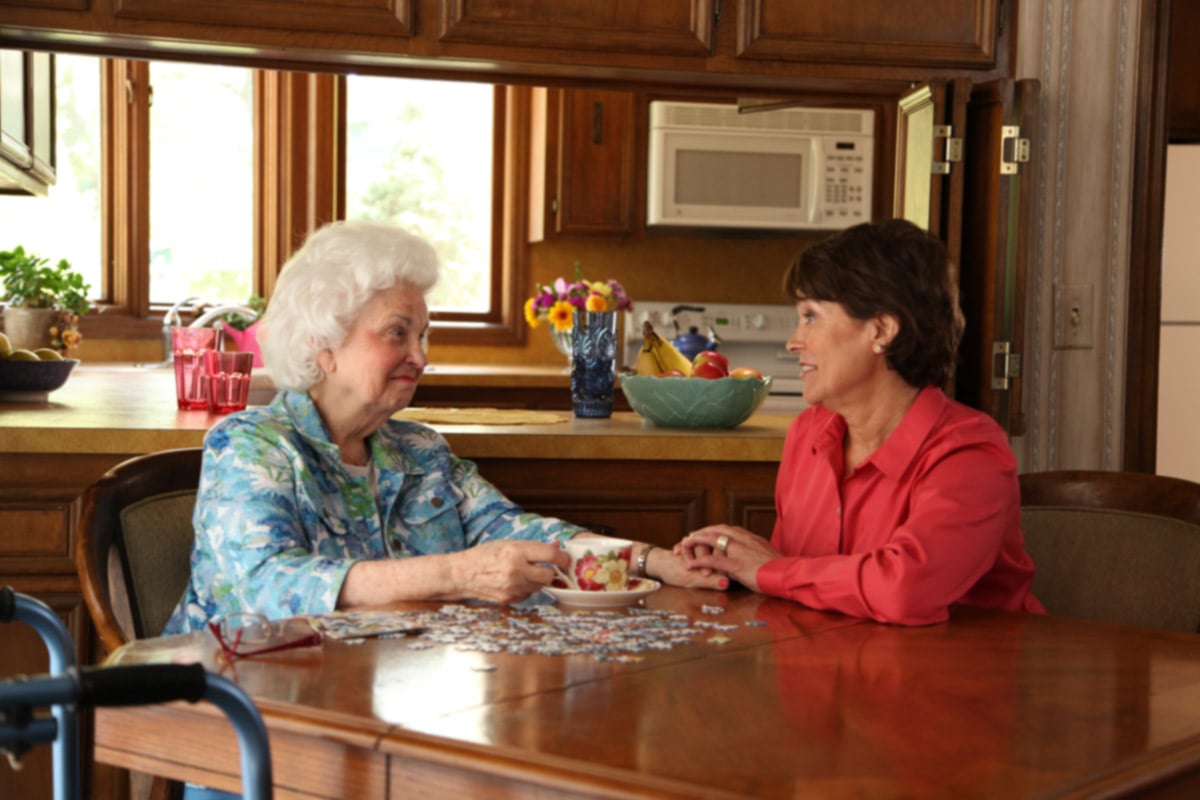According to research conducted by the Home Instead® network, two in five adult children (39%) surveyed in the U.S., and more than one-third (36%) surveyed in Canada, have at least one barrier that prevents them from having conversations with their parents about aging or end of life.
Here are a few concerns that could create problems for families. Some are from a senior’s perspective, others from an adult child or family.
Living Choices
- Seniors fear loss of independence, which could include giving up on certain freedoms such as driving.
- Families are concerned about the cost of receiving assistance at home or moving to a care community.
- Seniors are afraid they will be forced to leave their home.
- Families are not aware of what their options might be.
- Individuals may struggle with giving up possessions if they are down-sizing.
Financial Choices
- Individuals may fear outliving their money, and don’t have the understanding or resources to help take control of their situation.
- Parents feel their financial situation is none of their adult children’s business.
- Parents don’t want to be a burden.
- Adult children may want to help financially but can’t.
Health
- Medications are expensive.
- Reluctance to bother family members.
- The attitude: “I’m old anyway, so why should it matter.”
- Seniors are intimidated by their doctors and don’t understand them.
Relationships and Dating
- Adult children worry how their parent’s new relationship will impact the family dynamic and issues such as inheritance.
- Families worry about losing holiday traditions or their annual vacation.
- Feelings of rejection: “I’m no longer a priority because Mom/Dad found a replacement.”
- Older adults may fear being alone or lonely.
- Seniors may fear losing privacy and intimate relationships when they move into a care community.
Driving
- Seniors fear they won’t be able to get around if they have to quit driving.
- Adult children worry that seniors will hurt themselves or someone else.
- Older adults could have an inaccurate perception of their ability to drive.
- Adult children could feel it’s disrespectful to ask a parent to give up his or her keys.
- Individuals don’t want to bring up problems or may hide accidents for fear that they will lose driving privileges.
End of Life
- People think they still have plenty of time to address end-of-life issues.
- Families don’t want to think about it; talking makes their mortality real.
- Families don’t know where to start the conversation.
To work through these important issues, complete the Action Plan for Successful Aging.
Personalized Senior Care





